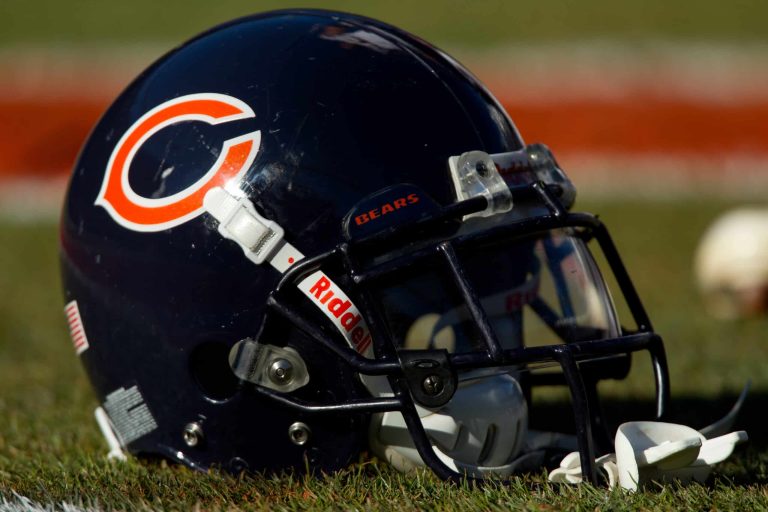Music companies’ strategy of suing internet providers that allow music piracy on their networks will be at stake in a US Supreme Court case to be heard this fall.
The US’s highest court announced on Monday (June 30) that it will hear Cox Communications’ appeal of a guilty verdict the company was handed in 2019 over repeated copyright infringement by its subscribers.
The Supreme Court also declined to hear an appeal by the record companies that sued Cox – Sony Music Entertainment, Universal Music Group and Warner Music Group – asking the top court to greenlight a new trial that would leave in place the guilty verdict and determine the damages Cox would be required to pay, Reuters reports.
If the Supreme Court were to side with Cox in the matter, it could mean new protections for internet service providers that would shield them from liability for piracy committed by subscribers, according to Bloomberg.
In turn, that could affect a number of high-profile cases that music companies have brought against internet providers in the US, including a $2.6 billion case brought against telecom giant Verizon by Sony, Universal, Warner and ABKCO Music.
The three record majors sued Cox – one of the US’s largest internet providers – in 2018, arguing that Cox hadn’t done enough to prevent its subscribers from repeatedly pirating music online.
In 2019, a jury in Virginia found Cox guilty of indirect copyright infringement carried out by its users. It awarded damages of $99,830.29 for each of 10,017 infringed musical works, amounting to slightly over $1 billion.
However, in early 2024, the 4th Circuit Court of Appeals partially overturned that verdict, deciding that Cox couldn’t be held liable for “vicarious” copyright infringement, because it wasn’t proven that the company directly profited from its subscribers’ piracy.
As a result, the court threw out the $1 billion fine and ordered a new trial to determine what damages Cox should pay.
In August 2024, Cox filed to have the original verdict overturned at the Supreme Court, arguing that the jury’s decision, if it were to stand, “would force ISPs to terminate internet service to households or businesses based on unproven allegations of infringing activity, and put them in a position of having to police their networks – contrary to customer expectations.”
The company also argued the ruling poses a hazard to businesses. “From hotels, restaurants, and coffee shops to hospitals and universities, businesses that offer Wi-Fi to their customers or employees could lose all connectivity because of the unlawful acts of a few.”
“Cox kept supplying the means of infringement… [and] adopted an express policy of prioritizing profits from subscription fees over compliance with the Copyright Act or the DMCA.”
Record companies, in a filing with the US Supreme Court
In May, President Donald Trump’s Solicitor General, John Sauer, filed an amicus brief in support of Cox Communications, arguing that ISPs don’t become liable simply by failing to terminate accounts after receiving infringement notices. The government brief stated that “willfulness” required not just awareness of potential infringement, but knowledge that subscriber conduct was actually unlawful.
In a supplemental brief filed in June, the record companies called the Solicitor General’s argument “bewildering.”
“Cox was held liable not because it failed to do enough to police infringement, but because it took no meaningful steps to stop infringement and continued serving specific, identifiable subscribers even after receiving explicit notice of their repeat (and often rampant) infringement,” the music companies’ lawyers wrote.
They painted a picture of a telecom company that sided with pirates and against rightsholders, citing internal communications from the company in 2009 in which Cox executives ordered subscribers kicked off the network for piracy to be reinstated immediately, and in which one Cox executive declared “F the DMCA!” in reference to the US’s Digital Millennium Copyright Act.
“Cox kept supplying the means of infringement… [and] adopted an express policy of prioritizing profits from subscription fees over compliance with the Copyright Act or the DMCA,” the music companies’ lawyers wrote.
Since their initial victory in the Cox case in 2019, various music companies have pursued copyright infringement cases against ISPs, including a case against Charter Communications in 2019, which was settled in 2022, and two separate lawsuits against Altice USA, filed in 2022 and 2023.Music Business Worldwide






